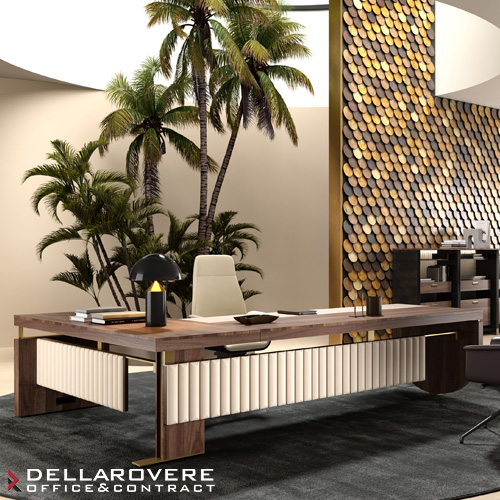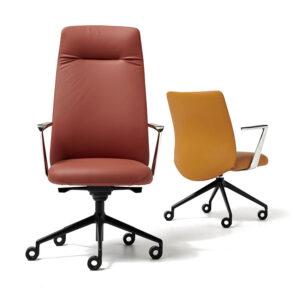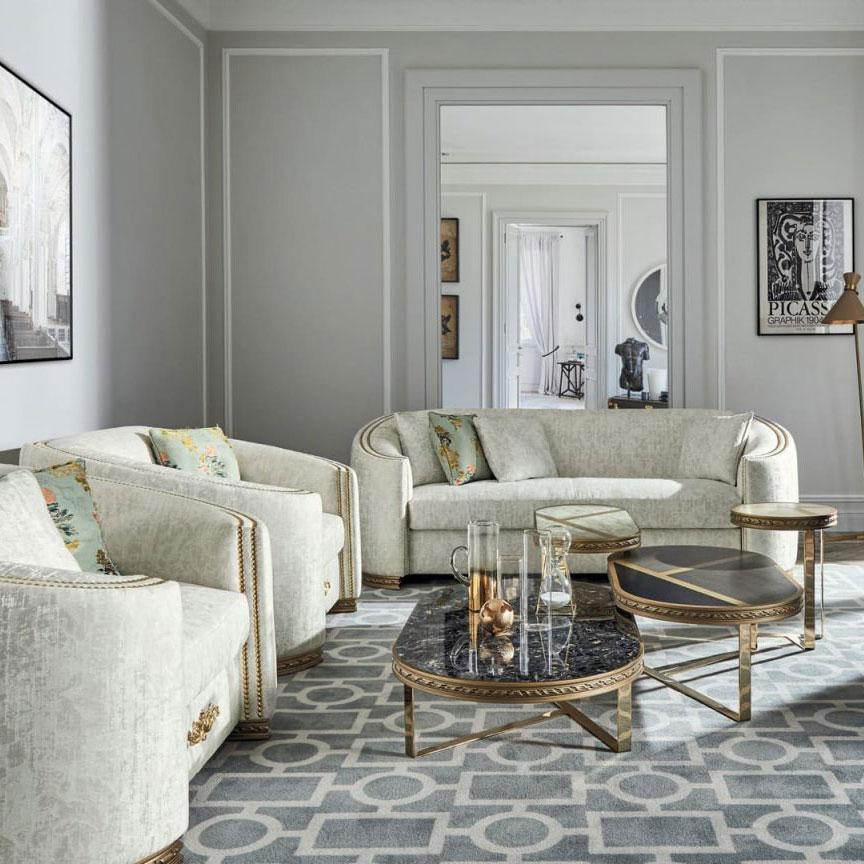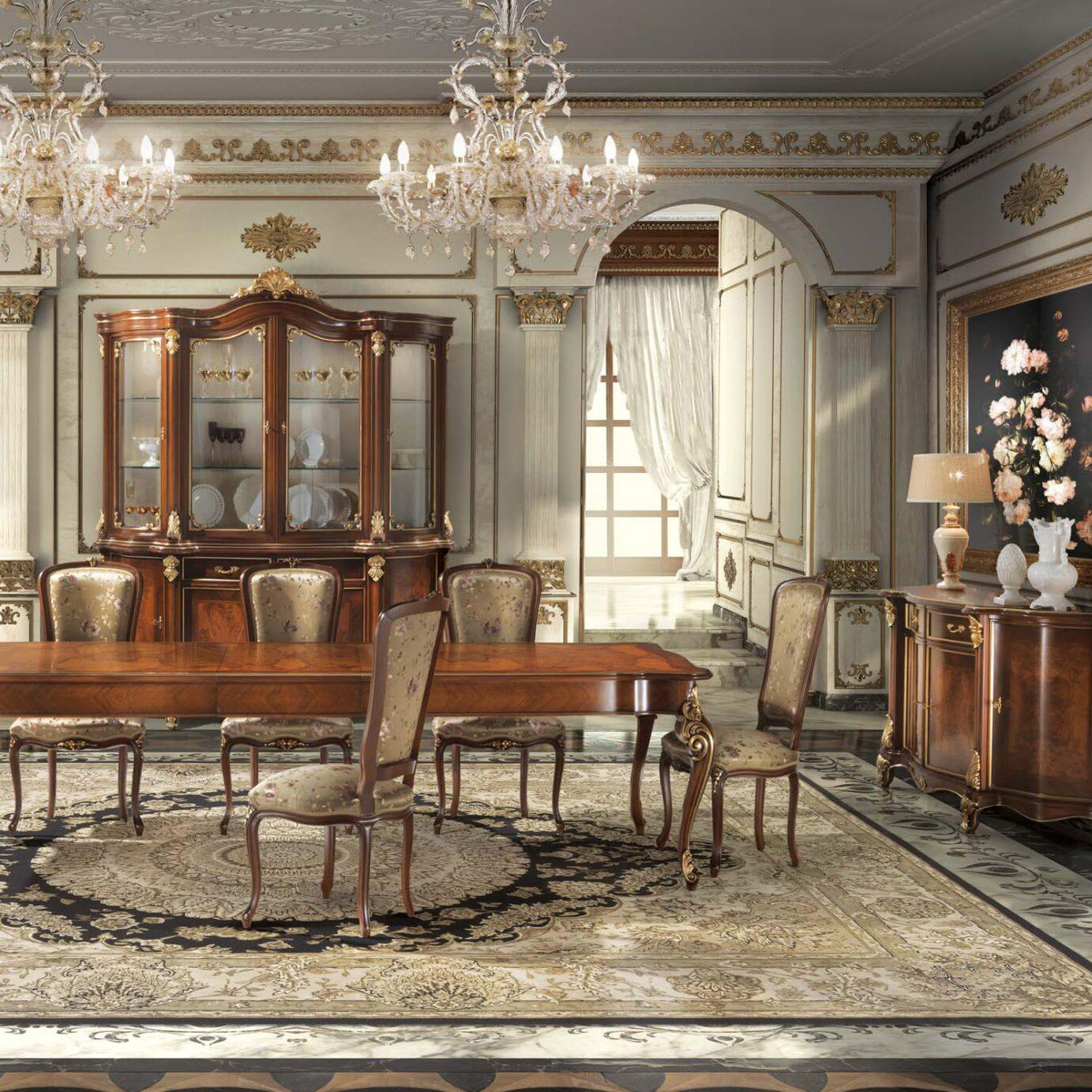Key Takeaways
- Modularity Drives Modern Design: Today’s workplace demands furniture that adapts seamlessly between individual focus work and collaborative team configurations through modular systems.
- Italian Craftsmanship Leads Premium Markets: Italian furniture manufacturers control 40-50% of global luxury production, combining traditional artistry with innovative contemporary functionality for discerning commercial buyers.
- Wellness Features Are Standard Expectations: Ergonomic design, standing desk capabilities, and integrated air purification systems represent baseline requirements rather than premium upgrades in modern workplace furnishings.
- Strategic Color Psychology Enhances Productivity: Contemporary office furnishings leverage color science, with teal and coral promoting creativity while blues and greens enhance focused concentration for optimized workplace performance.
Contemporary office furnishings have evolved beyond recognition in recent years. The modern workplace demands pieces that think, adapt, and respond to human needs in ways that would have seemed impossible just five years ago. We’re witnessing a fundamental transformation where traditional furniture categories dissolve into intelligent, multifunctional solutions that define the essence of contemporary commercial design.
Modularity Defines Modern Commercial Functionality
Contemporary office furnishings prioritize adaptability above all traditional considerations. Desks transform into collaborative workspaces with elegant efficiency. Seating configurations adapt to different team dynamics without compromising aesthetic integrity. Storage solutions reconfigure based on project requirements while maintaining their sophisticated appearance.
We observe this trend most clearly in modular shelving systems and tables that support everything from focused individual tasks to dynamic team projects. The static office layout has become obsolete, replaced by contemporary office furnishings that honor both form and function through intelligent adaptability.
Italian Excellence in Commercial Design
The luxury furniture market demonstrates remarkable growth, with Italian furniture accounting for 40-50% of global production. This dominance stems from Italy’s unique ability to merge traditional craftsmanship with innovative contemporary design principles that define exceptional office environments.
Prestigious Italian brands create statement pieces specifically for boutique retail outlets and executive office spaces. Companies increasingly seek contemporary office furnishings that align with their brand identity while delivering experiential luxury in commercial environments that inspire both clients and employees.
Michelangelo Designs’ extensive product library, featuring over 2,000 options of fabric, leather, microfiber, metal, wood, acrylic, and lacquer, positions us uniquely to meet this sophisticated demand. The combination of our New Jersey warehousing for domestic sales and Italian sourcing for international markets creates unparalleled flexibility for discerning commercial buyers seeking authentic office furnishings.
Market Growth Drives Premium Innovation
The global office furniture market is estimated at USD 61.35 billion in 2025, expected to reach USD 99.58 billion by 2032. This growth rate reflects businesses investing heavily in ergonomic and modular solutions designed to enhance employee productivity and comfort through superior contemporary office furnishings.
This growth creates exceptional opportunities for manufacturers who understand that contemporary office furnishings must balance functional innovation with aesthetic sophistication. The most successful pieces serve multiple functions while maintaining the timeless design principles that define lasting commercial value.
Wellness Integration Shapes Modern Design
Ergonomic considerations now drive design decisions from conception. Standing desks reduce the negative effects of prolonged sitting while maintaining sophisticated aesthetics. Chairs with advanced lumbar support systems adapt to individual users throughout the day. Air purification systems integrate seamlessly into furniture designs without compromising visual appeal.
These wellness-focused features in contemporary office furnishings represent standard expectations rather than premium add-ons, reflecting a deeper understanding of how environment influences performance and satisfaction in commercial spaces.
Strategic Color Psychology in Commercial Spaces
Contemporary office furnishings embrace bold and vibrant colors strategically. Teal and deep coral promote creativity in brainstorming areas. Blues and greens enhance calm focus in individual workspaces. Mustard yellow and electric blue increase motivation and productivity in collaborative zones.
Nature-inspired hues create warmth and tranquility through rich browns in executive desks, soothing greens in lounge seating, and soft terracotta accents throughout commercial environments. These color choices reflect sophisticated understanding of how contemporary office furnishings influence both individual performance and organizational culture.
The Michelangelo Designs Advantage
Contemporary office furnishings represent the intersection of wellness and aesthetic sophistication. The most successful pieces serve multiple functions while maintaining the timeless design principles that define enduring commercial value.
Michelangelo Designs positions itself at this intersection by combining Italian craftsmanship heritage with contemporary functionality demands. Our trade showroom demonstrates how traditional materials and innovative designs create contemporary office furnishings that adapt to evolving workplace needs while honoring the enduring aesthetic principles that define luxury commercial environments.
The contemporary office furniture landscape rewards manufacturers who understand that intelligence, adaptability, and beauty must coexist seamlessly. This understanding shapes every piece we curate for discerning commercial buyers who recognize that office furnishings directly influence organizational culture, individual performance, and the overall success of modern business environments.






